Case Studies
Find some inspirations here.
Incredible leaders are already making positive changes. Learn how companies are addressing the challenges of forced labor and driving progress on social responsibility.
Incredible leaders are already making positive changes. Learn how companies are addressing the challenges of forced labor and driving progress on social responsibility.
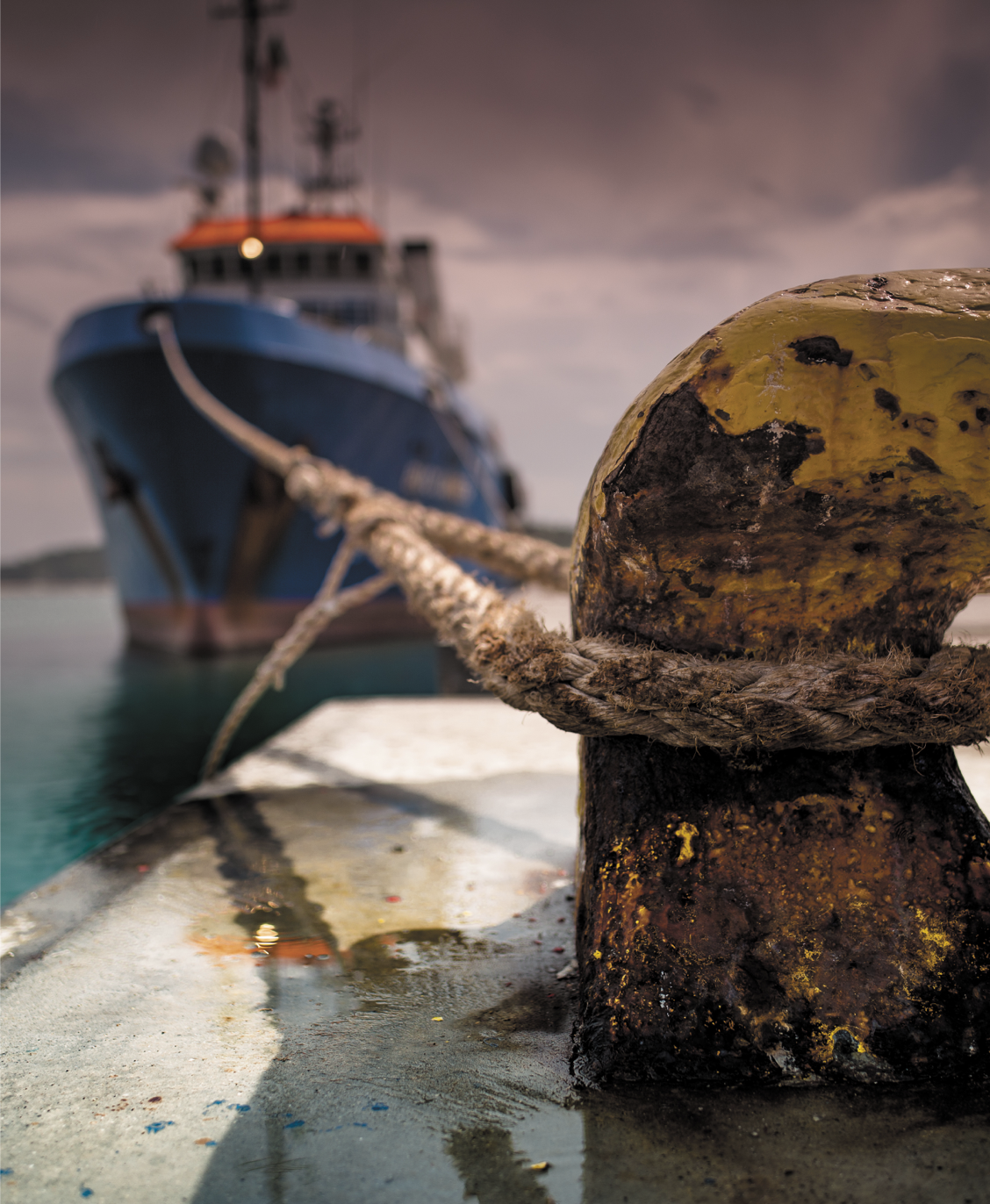
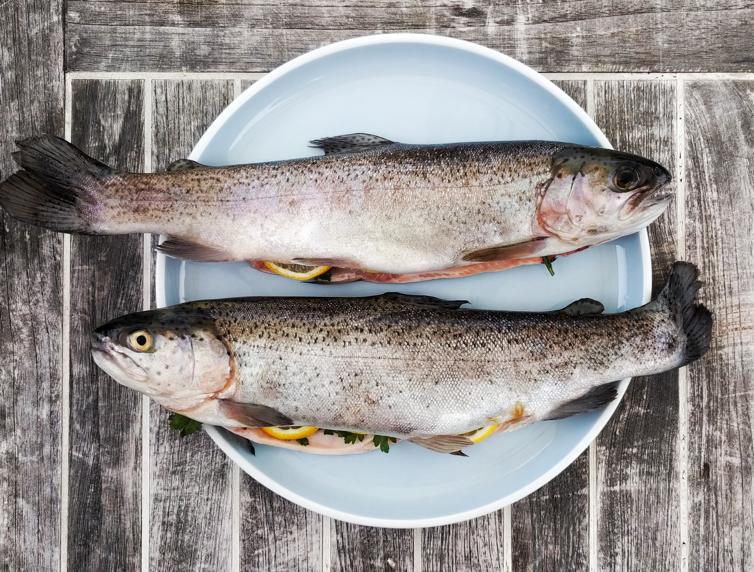
Sajo Industries Ltd. became the first Korean seafood company to conduct a Social Responsibility Assessment (SRA) in their supply chain.

SeaChoice is pushing brands and grocers to leverage traceability to address human and labor rights in supply chains by including an indicator on worker representation in their methodology.
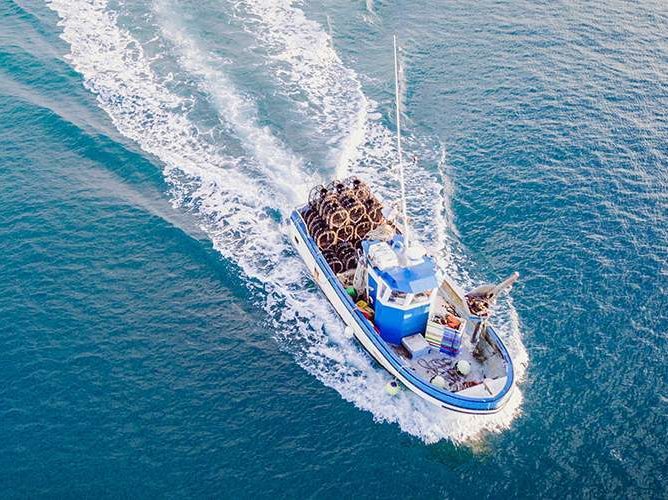
The World Benchmarking Alliance's Seafood Stewardship Index assesses the 30 most influential seafood companies globally across four measurement areas: Governance and Strategy, Ecosystems, Traceability and Social Responsibility.
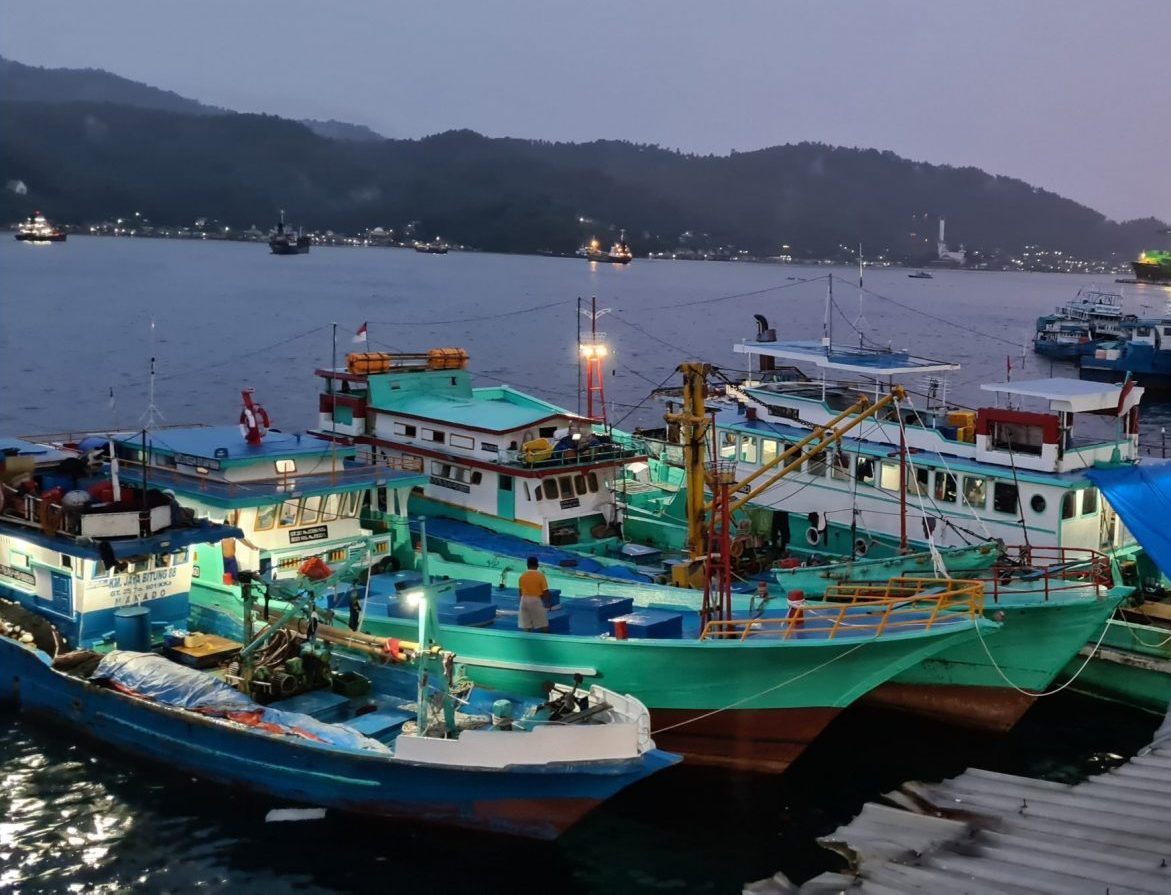
Incentivizing best practices among tuna fishers through skill- and knowledge-building regarding their working conditions and labor rights.

Nestlé and Verité worked to identify indicators of human rights issues in fishing ports, seafood processing operations, shrimp farms and vessels.
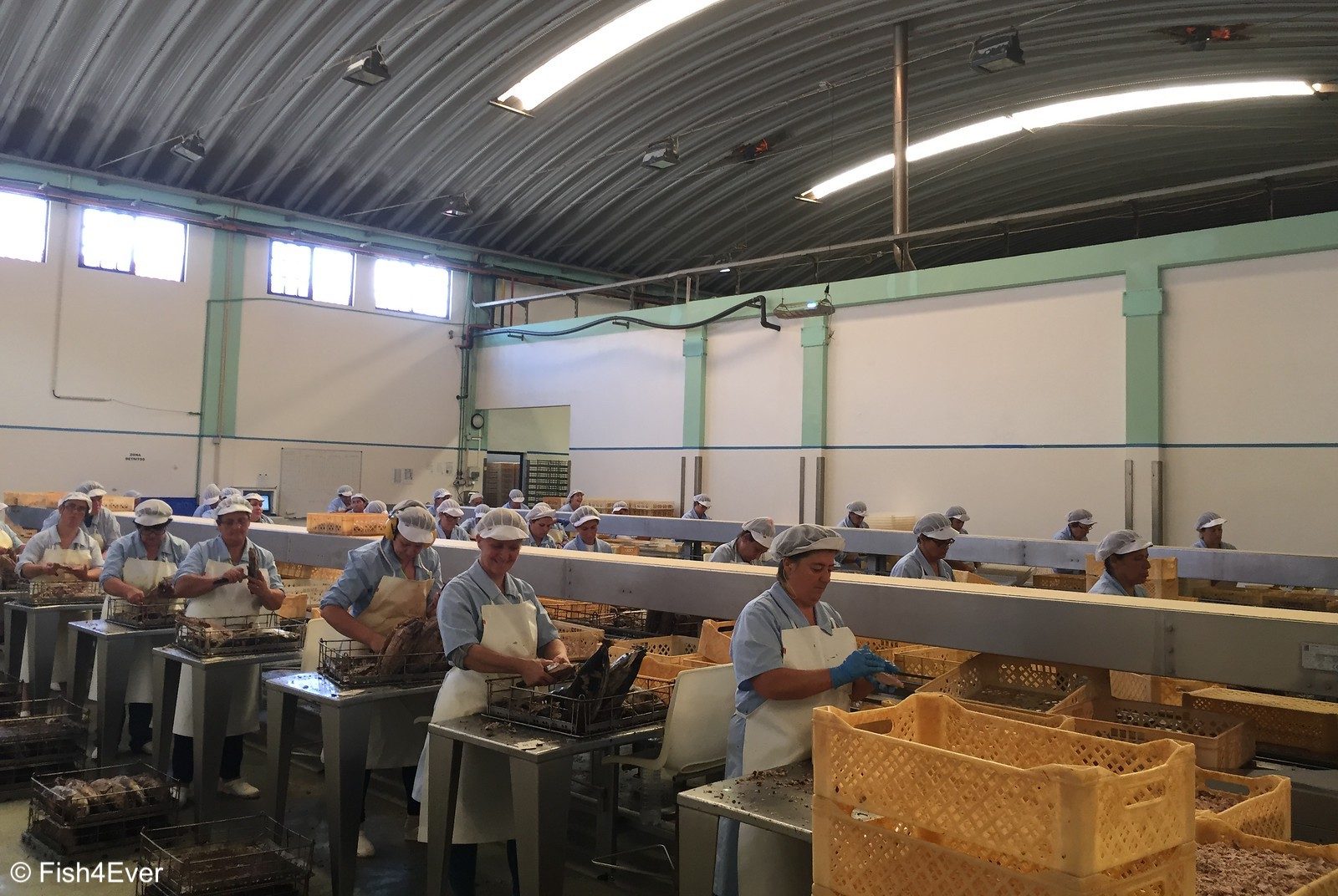
The Azores Tuna Fishery offers an example of how companies can safeguard the rights of their employees and support vulnerable workers.
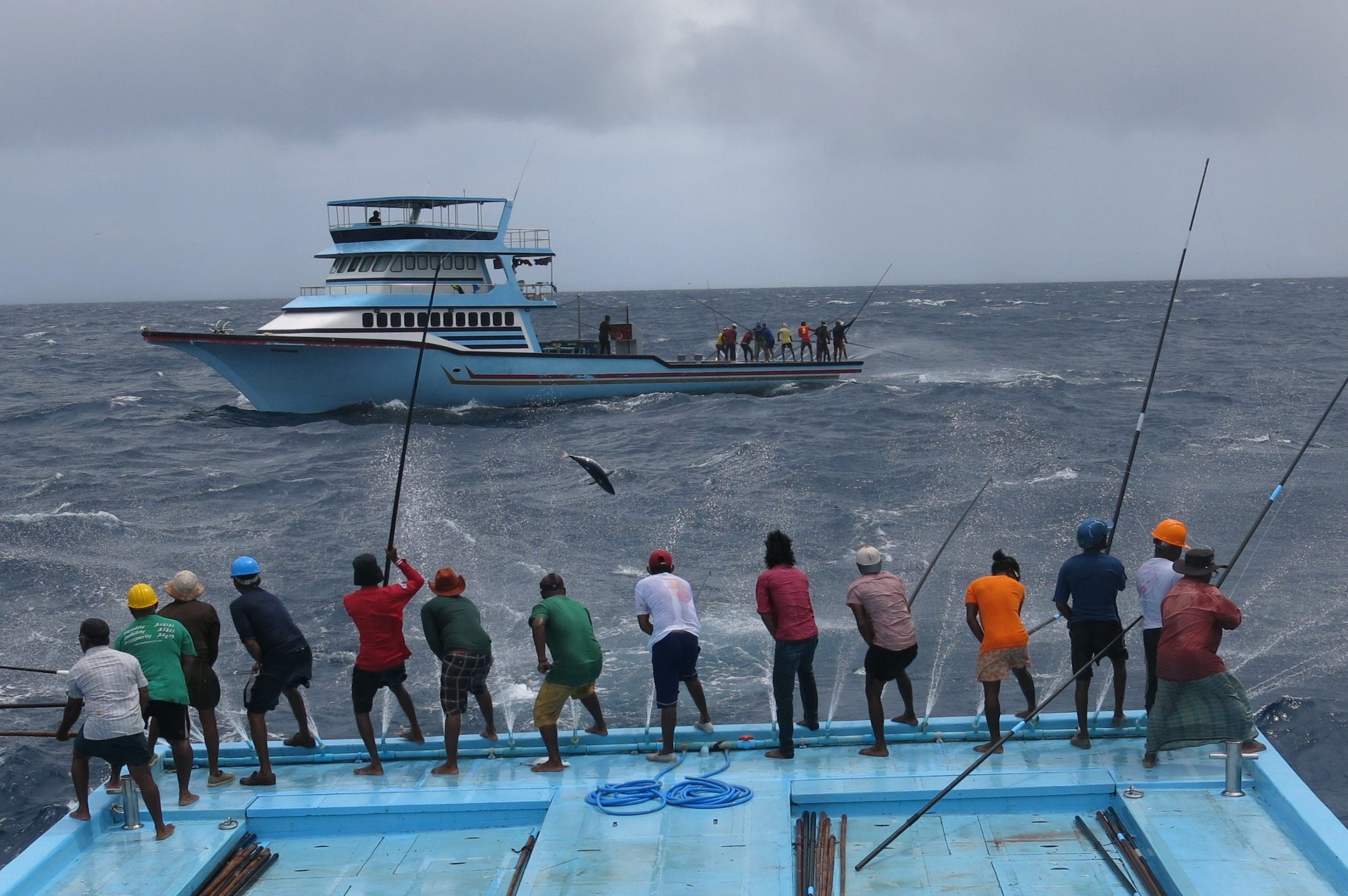
Maldivian pole-and-line fisheries highlight the importance of sustainable fisheries as a source of livelihood security and nutrition.
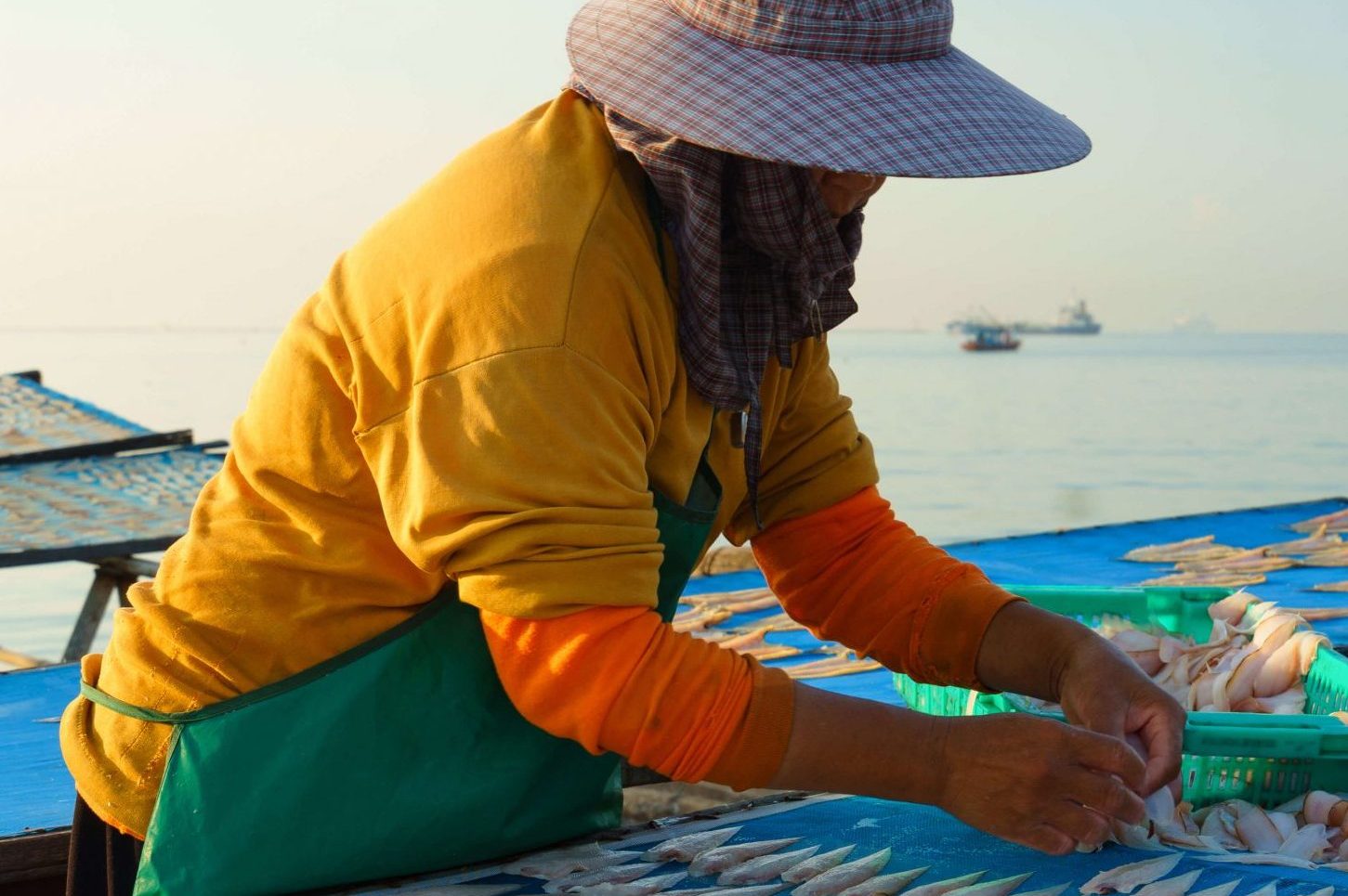
Tesco is working with suppliers to implement structures for responsible recruitment and ensure workers receive remediation in cases of abuse.
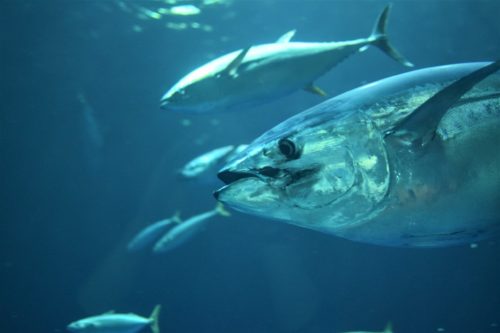
The GTA works to increase awareness of and offer guidance on remediating human rights issues in global tuna supply chains.
Enter a few details about yourself to view this resource.